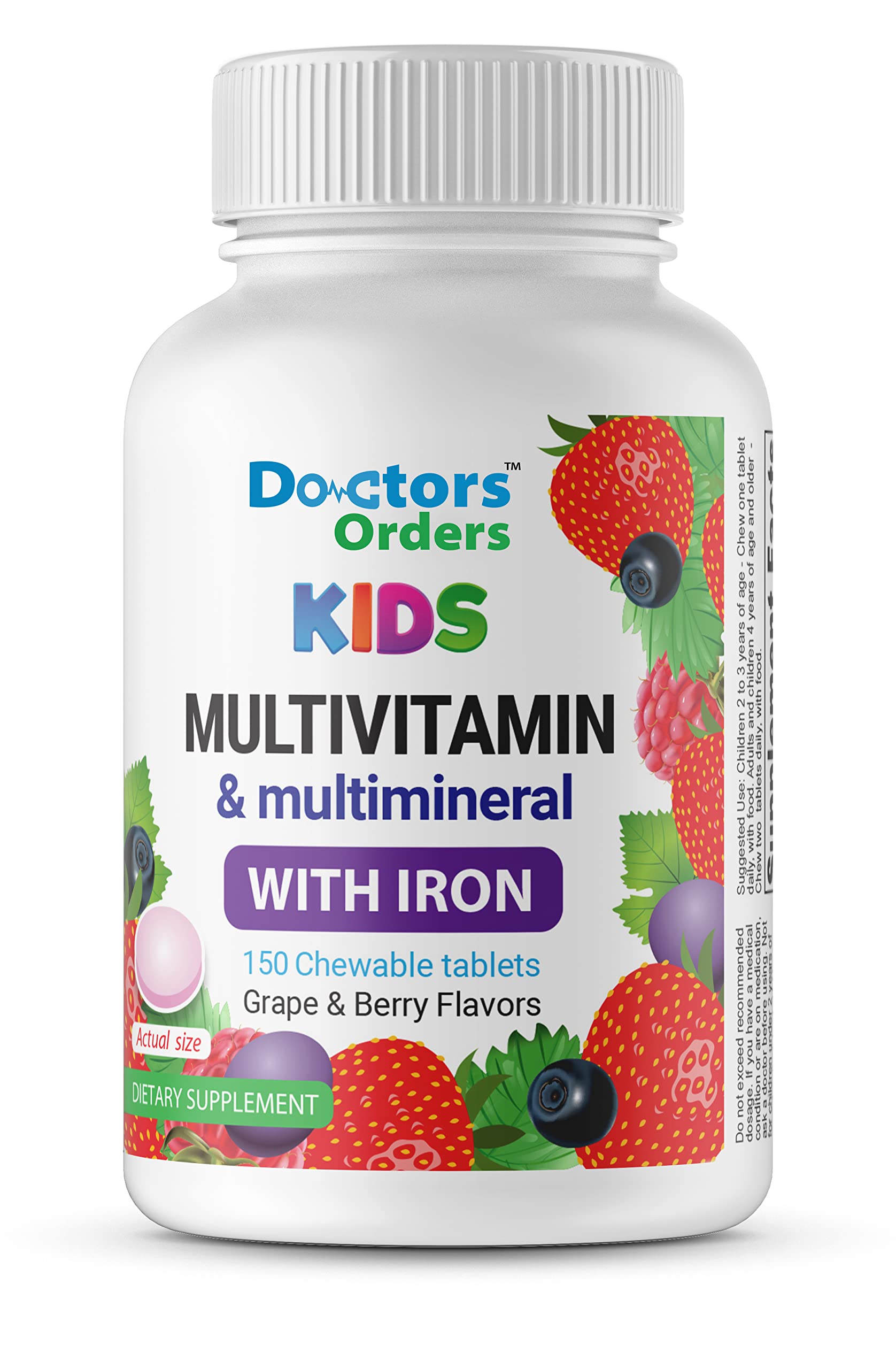is it ok if we consume gelatin which is not halal as a multivitamin? in the United States?

❌ Is it OK to consume gelatin that is not halal as a multivitamin?
For individuals who adhere to halal dietary guidelines, consuming gelatin derived from non-halal sources may pose a moral dilemma. Gelatin is commonly derived from animal by-products, including pork, which is prohibited in the halal diet. While some argue that the gelatin undergoes significant transformation from its original form, others believe that its original source renders it inherently non-halal. To ensure compliance with halal principles, it is advisable to seek multivitamin alternatives that are explicitly labeled as halal or free of non-halal ingredients. Ultimately, the decision to consume gelatin as a multivitamin depends on an individual’s personal interpretation and commitment to halal dietary practices.
About it ok if we consume gelatin which not as a multivitamin? in the United States
Gelatin is a versatile substance that is commonly known for its use in food products, particularly desserts and candies. However, gelatin is not just a sweet treat ingredient; it also has potential health benefits when consumed in forms other than multivitamin supplements. In this introduction, we will explore the various ways gelatin consumption can positively impact our overall well-being.
Derived from animal collagen, gelatin is renowned for its unique composition and a wide range of applications. It is rich in amino acids, such as glycine, proline, and hydroxyproline, which play essential roles in our body’s functions. These amino acids contribute to the growth and repair of connective tissues, provide a structural component for our skin, hair, and nails, and support the healthy functioning of joints and bones.
As a popular ingredient in collagen-based beauty products, gelatin offers potential benefits for skin health. Its consumption can contribute to improved skin elasticity, hydration, and overall appearance. Moreover, gelatin has been recognized for its potential role in promoting digestive health by supporting the integrity of the gut lining and enhancing the absorption of nutrients.
Apart from its cosmetic and digestive advantages, gelatin intake may also aid in muscle recovery and joint health. The amino acids present in gelatin act as building blocks for muscle protein synthesis, which is crucial for repairing and rebuilding muscle tissues after exercise or physical exertion. Additionally, gelatin has been suggested to help reduce joint inflammation and alleviate symptoms of osteoarthritis.
In conclusion, gelatin consumption goes beyond its role as a multivitamin supplement. Its diverse range of benefits extends to skin health, digestive support, muscle recovery, and joint health. By incorporating gelatin into our diets, we can potentially enhance our overall well-being and enjoy the positive impacts it offers.
it ok if we consume gelatin which not as a multivitamin? in the United States Halal Certification
In the United States, Halal certification ensures that products adhere to Islamic dietary laws, allowing Muslim consumers to identify which food items are permissible for consumption. While gelatin is commonly used in various food products, including candies, desserts, and capsules, the issue of its Halal certification arises due to its source.
Typically, gelatin is derived from the collagen found in animal tissues, particularly bones and skin. However, for gelatin to be considered Halal, it must be obtained from a permissible source, such as animals that have been slaughtered according to Islamic rituals. Halal gelatin is derived from animals that meet these criteria, and its usage in non-multivitamin products makes it essential for Muslim consumers seeking Halal-certified items.
For Muslims concerned about consuming gelatin sourced from non-Halal animals, alternative options are available. Several companies have started to produce gelatin derived from fish or plants, which are considered Halal. These alternatives provide Muslim consumers with choices that align with their religious dietary requirements, enabling them to enjoy a wide range of products while remaining compliant with Halal practices.
In conclusion, the issue of consuming gelatin that is not classified as a multivitamin within the United States’ Halal certification is significant for Muslim consumers. The availability of Halal-certified gelatin, obtained from Islamically slaughtered animals or alternative sources like fish or plants, allows individuals to choose appropriate products that meet their dietary and religious preferences while enjoying a diverse range of food items. Halal certification provides peace of mind to Muslim consumers, ensuring that they can make informed choices about the products they consume.
Is it ok if we consume gelatin which not as a multivitamin?? Conclusion
In conclusion, the question of whether it is acceptable to consume gelatin, which is not halal, as a multivitamin is subjective and dependent on personal beliefs and values. Gelatin is a common ingredient in multivitamins, which helps provide the necessary nutrients for overall health and well-being. However, it is essential to consider religious dietary restrictions and principles when making this decision.
For individuals following a halal diet, consuming products with gelatin sourced from non-halal animals may be considered forbidden due to religious guidelines. Gelatin derived from non-halal sources, such as pork, contradicts the halal principles that require adherents to abstain from consuming pork or its byproducts.
However, it is worth noting that there is a difference of opinion among Islamic scholars on the permissibility of gelatin derived from non-halal animals. Some argue that the transformation gelatin undergoes during its manufacturing process renders it halal, while others maintain stricter interpretations and advise against its consumption.
Ultimately, the decision regarding consuming gelatin as a multivitamin comes down to individual beliefs and priorities. Those who prioritize strict adherence to halal dietary guidelines may choose to seek alternatives, such as vegetarian or vegan multivitamins. However, individuals who believe in the transformative nature of the manufacturing process or who do not prioritize strict halal guidelines may consider the consumption of multivitamins containing gelatin as acceptable.
It is important to respect and honor each individual’s religious beliefs and choices when making dietary decisions. Consulting with a religious authority or nutritionist can provide further guidance and aid in making an informed decision that aligns with personal values and beliefs.
FAQs On is it ok if we consume gelatin which is not halal as a multivitamin?
Q1: Is it okay to consume gelatin, which is not halal, as a multivitamin?
A1: No, it is not permissible to consume gelatin that is not halal, even if it is in the form of a multivitamin.
Q2: Why is it not permissible to consume non-halal gelatin in multivitamins?
A2: Non-halal gelatin is derived from forbidden sources, such as pork or non-slaughtered animals, making it impure and against Islamic dietary regulations.
Q3: Can we substitute non-halal gelatin with halal alternatives in multivitamins?
A3: Yes, it is possible to find halal alternatives to gelatin, such as vegetarian or plant-based capsules, which can be used in multivitamins.
Q4: Are there any risks associated with consuming non-halal gelatin in multivitamins?
A4: Since non-halal gelatin is derived from impure sources, consuming it goes against Islamic guidelines, making it a spiritual concern rather than posing immediate health risks.
Q5: Can consuming non-halal gelatin in multivitamins affect one’s halal dietary commitment?
A5: Yes, consuming non-halal gelatin in any form violates the principles of a halal diet, potentially compromising one’s commitment to following Islamic dietary guidelines.
Q6: Are there any specific guidelines to identify whether gelatin in multivitamins is halal or not?
A6: It is essential to refer to the labeling or contact the manufacturer to ensure whether the gelatin used in multivitamins is halal or not.
Q7: Can consuming non-halal gelatin in multivitamins be considered haram?
A7: Yes, consuming non-halal gelatin in any form falls under the category of haram since it involves consuming what is prohibited in Islamic dietary law.
Q8: Are there any dietary alternatives available as multivitamins for those who follow halal guidelines?
A8: Yes, there are numerous halal-certified multivitamins available in the market that use halal gelatin alternatives or are entirely vegetarian or vegan.
Q9: Can consuming non-halal gelatin in multivitamins be justified if it is for health benefits?
A9: No, consuming non-halal gelatin, even for health benefits, is still considered against Islamic dietary guidelines and should be avoided.
Q10: Is there any flexibility or exception in consuming non-halal gelatin in multivitamins under certain circumstances?
A10: Islamic dietary guidelines emphasize the importance of sticking strictly to halal food consumption, with no exceptions or flexibility allowed, including in the case of multivitamins.

Hello, fellow explorers and cultural enthusiasts! I’m Sacide Tuba Barkçin, the heart and soul behind ‘Halal Travel Style’. My passion for travel is not just a hobby, it’s a way of life. From bustling city streets to serene natural landscapes, I’ve been fortunate enough to traverse diverse terrains and immerse myself in various cultures.
My journey is not just about seeing new places; it’s about experiencing the world through the lens of Halal. Every destination I visit, every story I write, is a testament to the harmony of travel and faith. I believe that exploring the world should not compromise our beliefs, but rather enhance our understanding and appreciation of them.
Join me as I navigate the globe, one Halal experience at a time. Whether you’re a seasoned traveler or just starting your journey, I hope to inspire you to explore the world with faith and style.
